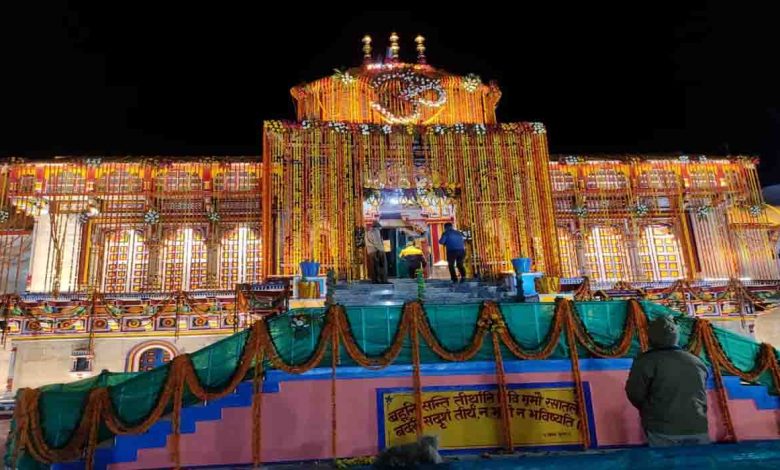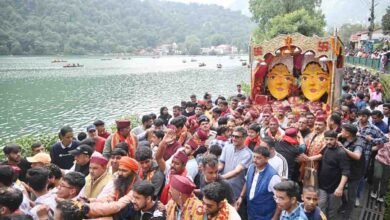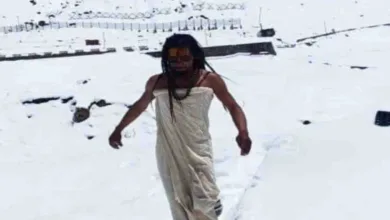Original ritual schedule restored in Badrinath following objections to changed timings

Tuesday, 01 June 2021 | Vindo Chamoli | New Tehri
The tampering with the ancient worship traditions at the world famous Badrinath shrine resulted in a major outrage among Teerth Purohits and devotees after which the Char Dham Devasthanam Management Board was forced to retract its decision and confirm to old practices at Badrinath. The priests had objected to the change in the timings of the ritual worship performed at dawn (Bhramh Muhurt). After objections were raised, the timings of the worship were restored from Monday following the direction of the Devasthanam Board.
It is pertinent to mention here that the state government has suspended the Char Dham Yatra considering the recent Covid-19 surge. The Devasthanam Board had also issued standard operating procedures (SOPs) for the shrines. As per the SOPs, the Badrinath was to be opened from 7 AM to 7 PM. This schedule was followed since the shrine was reopened for the summer this year on May 18.
However, the traditional ritual prayers were beginning after 7 AM whereas earlier these used to start at about 4:30 AM. The priests objected to this. Brahmakapal Teerth Purohit Sangh president Umesh Sati questioned the change in the timing of the worship conducted during the Bhramh Muhurt. He said that the government’s Covid guidelines need to be followed, but one’s faith should not be hurt. Sati also pointed out that even during the 1918 Spanish Flu pandemic the ritual worship in Badrinath had been performed as per the traditions. Even at that time, devotees were barred from entering the temple during the pandemic but the ritual traditions of the shrine were continued.
Meanwhile, as the objections to the recent changes escalated, the Devasthanam Board changed its decision to enable resumption of prayers as per the original schedule. The Dharmadhikari of Badrinath, Bhuvan Chandra Uniyal said that the Puja at Bhramh Muhurt has started in the temple from Monday as per ancient tradition.






